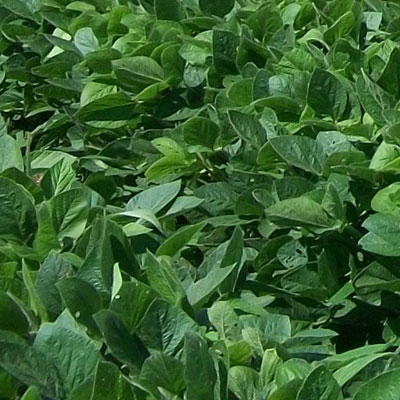By Raven Bier
Each year, Rodale Institute, a nonprofit dedicated to pioneering organic farming through research and outreach, opens its gates to the public and hosts a variety of stations with demonstrations and information about farming practices. This year, as part of the partnership developed around a William Penn Foundation grant, Stroud Water Research Center took part in the Field Day event.
The Stroud Center’s station was staffed by Assistant Director and Research Scientist Scott Ensign, Ph.D., and Postdoctoral Associate Raven Bier, Ph.D., and was located near Rodale Institute’s Farming Systems Trial, which since 1981, has been used to compare organic and chemical agriculture.
These plots are integral for the William Penn Foundation grant, which enables the researchers to study the influence of farming systems on water quality and crop yields with the goal of reducing agricultural runoff while boosting plant productivity.
In the video, Ensign describes for Field Day visitors the Stroud Center’s mission, the importance of integrating knowledge about farming practices and water quality, and explains the techniques for assessing the influence that farming decisions have on soils and streams.

Early Days: The Beginning of a Six-Year Study
Many of the attendees were interested to learn what data have been collected from the project thus far. Although the project is only a few months into the six-year study, background soil cores, passive soil water leachate, and water samples of baseflow and storms collected from paired sites at the Stroud Preserve have provided information on pesticide levels from conventional agriculture plots and nutrient levels and bacterial monitoring from leachate and stream water.
The teams are gearing up this week for assessing biomass in some of the oat plots and will collect the first big sampling campaign this fall after the crop harvests.



